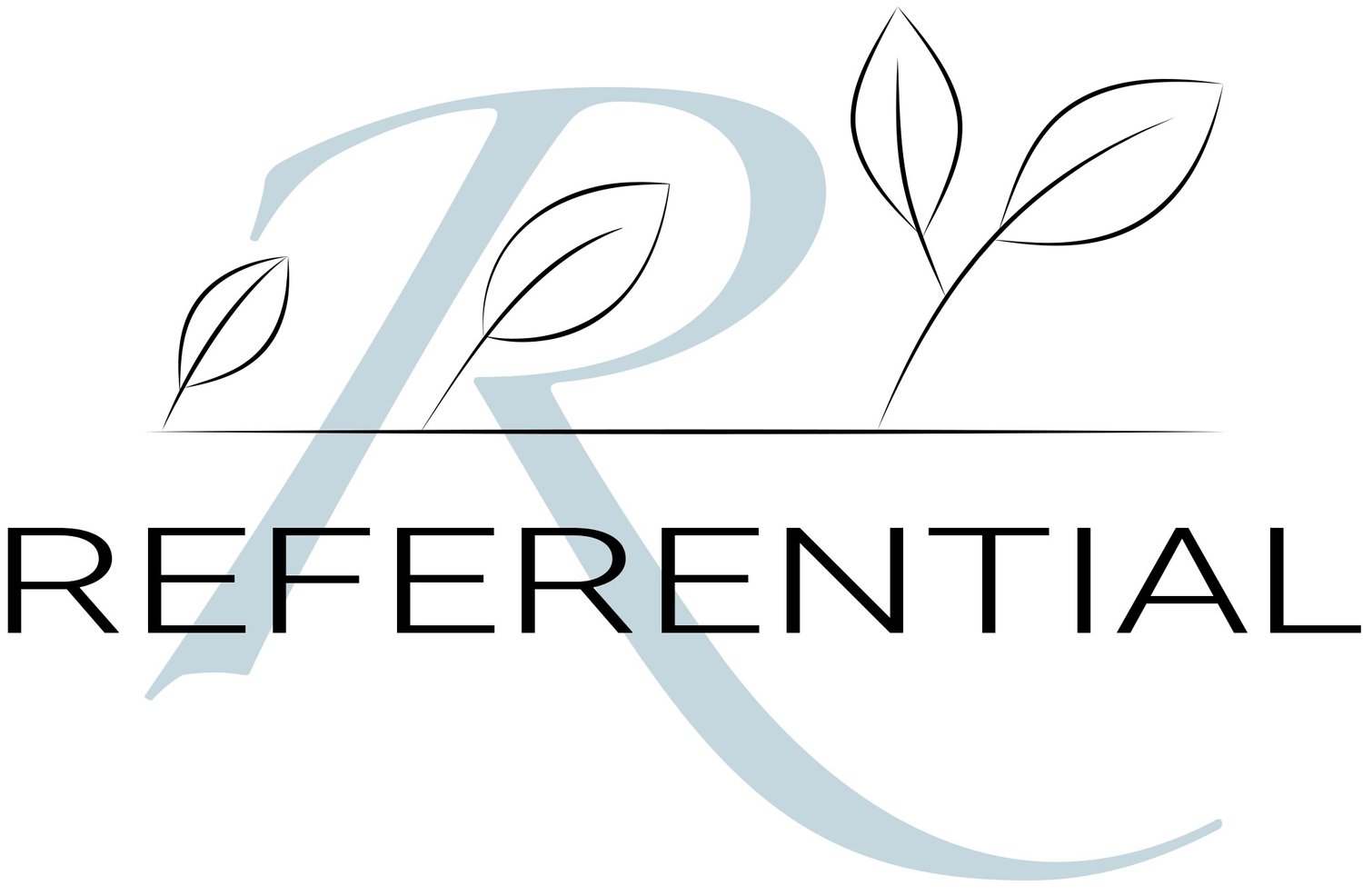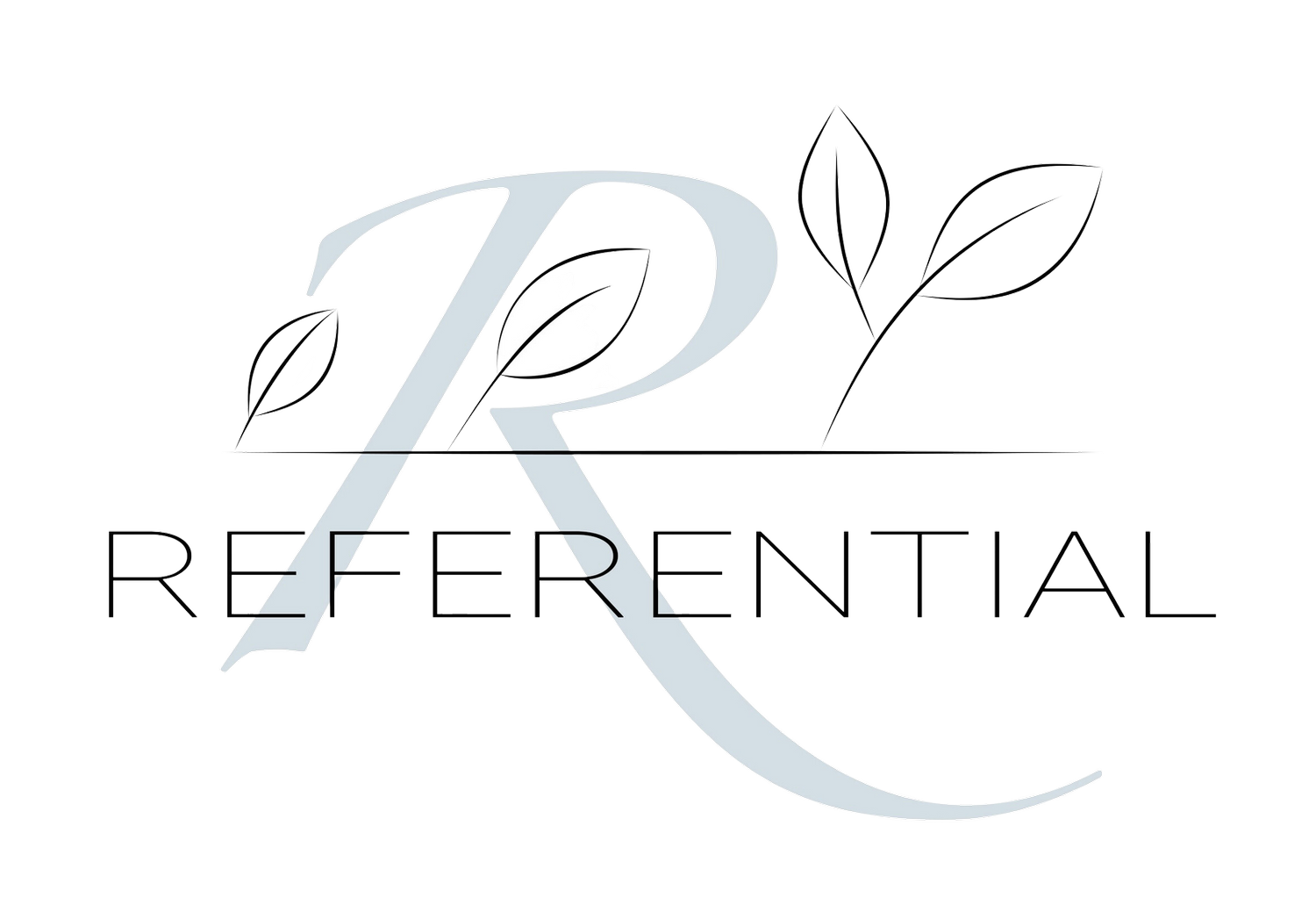Welcome to the Referential Blog!
As a team of consultants embedded in dozens of unique customer advocacy programs at any given moment, Referential is constantly exploring, implementing, and improving on strategies and best practices.
Join us as we discuss the latest tips, tricks, and techniques in customer advocacy and customer marketing.
See a topic you’d like to learn about in greater detail? Contact us! We’d love to start a conversation.
Looking for something specific?
Turning Fans into Fuel: Metrics to Get Leadership Fired Up About Customer Advocacy
Customer advocacy programs are powerful growth drivers—but to secure leadership buy-in, you need more than just enthusiasm. In this blog, you can expect to learn which metrics will resonate with leadership and how to use them to justify your program’s value.
The Road to Advocacy Program Optimization
Jennifer Doyon, a Principal at Referential, shares insights from her 15 years in customer advocacy. In this Q&A, she discusses the key considerations when selecting a Reference Management System (RMS) or Customer Advocacy Platform (CAP), and how Referential helps clients justify their advocacy program budgets, optimize platform performance, and implement best practices.
From Process to Precision: Essential Insights on Process Documentation and Data Management
In this insightful Q&A, a seasoned customer advocacy consultant with over eleven years of experience shares best practices for managing process documentation and data in customer reference programs. The discussion covers essential data points to prioritize, strategies for ensuring consistency and accuracy, and the importance of continuous process improvement. The consultant also highlights how critical it is to adapt documentation to an organization’s unique needs and goals while keeping it dynamic and accessible to the team.
Predictions for the Year Ahead
Program justification has taken a vocal seat at the table, education across departmental silos and stakeholders has never been more important. Proving the value of what you do is now, perhaps more than ever before, a business imperative. The “so what?” for customer advocacy is a question ringing loudly in everyone’s ears. Luckily, across the industry both the tools in use, and the practitioners using them, can loudly answer this query.
Metrics to Help With Budget Justification
One of the most meaningful and powerful bi-annual metrics that we have in our portfolio, Client Lifetime Total Revenue and Longevity (CLTR-L) was developed to evaluate the dollar value of a client relationship over the length of the contract, and the longevity of the relationship. This metric enables us to quantifiably contrast the average value of active advocates against the average value of non-advocates. From this, we can help our clients demonstrate the tangible business impact that active advocates are making on just their part of the overall revenue.
Leveraging Tracked Content in RO to make Monthly Recruitment Metrics Easy, Part 3 of 3
Putting together a recruitment report using RO Innovation (formerly ReferenceView) is easy to put together, and easy to understand!
Leveraging Tracked Content in RO to make Monthly Recruitment Metrics Easy, Part 2 of 3
In part one of this series, I spoke about a way in which I put together a recruitment report for my clients using RO Innovation (formerly ReferenceView) that is both easy to assemble and to understand…
Getting Over The Hump Between Starting An Advocacy Program and Seeing Results
To get over the hump between starting your program and seeing results, you need to communicate Why the program is important, What results you expect to see, and How to ensure the program’s success.
Customer Advocacy Program Metrics: How to Adapt Reporting to Changing Business Priorities
How do you know when it’s time to adapt your metrics strategy, and how do you figure out which new accomplishments to report on? Read on for tips and examples of shifting company priorities that may signal it’s time to adapt your metrics and reporting strategy.
How to Create a Pivot Table in Excel
Pivot tables are one of Excel's most powerful Microsoft tools. A pivot table allows you to extract the significant data and trends from a large, detailed data set. When analyzing your customer advocacy program data, pivot tables can be excellent tools for efficiently gathering insights on your customer advocates and advocacy assets.
Best Practices for Integrating RO Innovation with Salesforce
Have you ever dived into fulfilling an urgent reference request only to spend the next precious minutes hopping back and forth between your CRM and reference management systems, verifying that you’re using the most up-to-date customer data to identify the best-matching reference? Having easy, seamless access to current, real-time data – like account ownership, product usage, customer location and contact titles – can make a world of difference in how efficiently you can hone in on an ideal match for a reference request.
“What Came First, the Data or the Customer Advocacy Program?”
As Advocacy Consultants a lot of our time is spent reaching out to and learning about customers, either via email, phone, at events or through the internal support and sales teams associated with a customer. Each time we make a connection, we find out new information; customer insights that need to be added to our reference management systems (RMS) to ensure the most up-to-date details are available to use. Of course, over time, this information can become old and incorrect, or gaps may appear, but inaccurate data is of little use to its users!















Customer advocacy programs are powerful growth drivers—but to secure leadership buy-in, you need more than just enthusiasm. In this blog, you can expect to learn which metrics will resonate with leadership and how to use them to justify your program’s value.